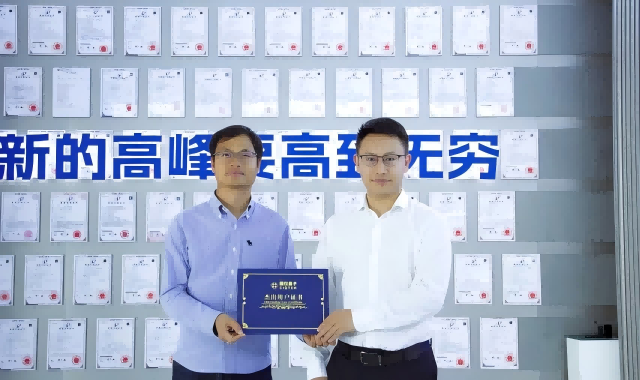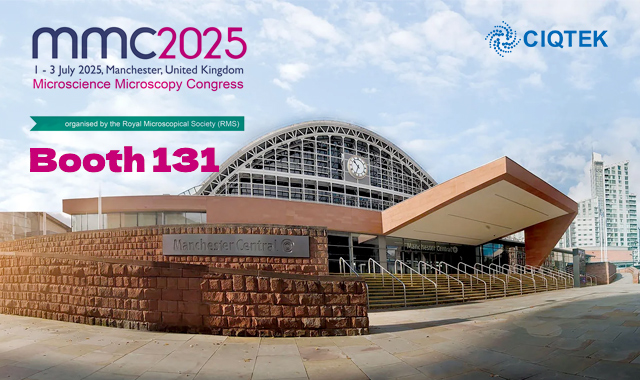Recently, the top international academic journal "Science" published a research paper titled "Fatigue of Li metal anode in solid-state batteries" by Professor Wei Luo from Tongji University, along with Professor Yunhui Huang from Huazhong University of Science and Technology and other collaborators.
This study revealed for the first time the fatigue failure phenomenon of the lithium metal anode in solid-state batteries, unveiled a new fatigue failure mechanism, and proposed novel strategies to inhibit fatigue failure and enhance the performance of solid-state batteries.

In this research, the team utilized the Tungsten Filament SEM from CIQTEK for in-situ SEM fatigue testing and obtained excellent test results.

Link to the original paper:
https://www.science.org/doi/10.1126/science.adq6807
Recently, the first author of this paper, Professor Bo Chen from Tongji University, was invited to visit CIQTEK and granted an interview with us.

Professor Bo Chen introduces: "Our research group mainly focuses on two aspects, one being imaging with synchrotron X-rays, and the other involving electron microscopy imaging, as with CIQTEK. The work of our entire research group revolves around the nano- and micro-structures of materials, particularly in the three-dimensional nano- and micro-structures of materials. Therefore, our entire research group can be referred to as the materials nano- and micro-structure research group."
Regarding the paper recently published in "Science," Professor Bo Chen stated: "The paper seized upon a phenomenon that hadn't been extensively considered before, which is the fatigue of lithium metal. Previously, everyone believed that it was electrochemical fatigue generated during charging and discharging processes, but in reality, it also exhibits mechanical fatigue during these processes."
"The primary discovery of this research is that lithium exhibits not only electrochemical fatigue during charging and discharging but also mechanical fatigue manifested during these processes, which combined are the main causes of destruction in the lithium metal of solid-state batteries. The paper further suggests that by alloying lithium metal to enhance its physical properties, the lifespan of solid-state batteries can be improved. This is a groundbreaking finding and quite intriguing."
When designing experiments, the team observed both types of fatigue by installing fatigue devices on the electron microscope. Since the research group only had one electron microscope, in order to comprehensively observe, they used an in-situ tensile stage developed by Professor Jixue Li at Hangzhou Yuanwei Technology Company. Professor Bo Chen said, "With the help of Professor Li, we jointly created a fatigue tensile-testing device. The mechanical fatigue experiment of lithium metal was conducted by Professor Li using the electron microscope from CIQTEK for in-situ tensile testing."
When asked about his views on CIQTEK Electron Microscopes, Professor Bo Chen was very candid and sincere: "For us, our only requirement is that the equipment must perform well."
As a research scientist who enjoys hands-on exploration, Professor Bo Chen also shared some personal insights on using CIQTEK instruments. He mentioned that when the instrument offers both quality and cost-effectiveness, it greatly enhances the interest of researchers in tinkering with the machine, reduces the sense of alienation towards expensive instruments, and encourages researchers to utilize the machine more effectively, thereby unleashing more research creativity.
Ending with Professor Bo Chen's words, CIQTEK will continue to stick to the slogan: Successful Customers, Successful Companions!



